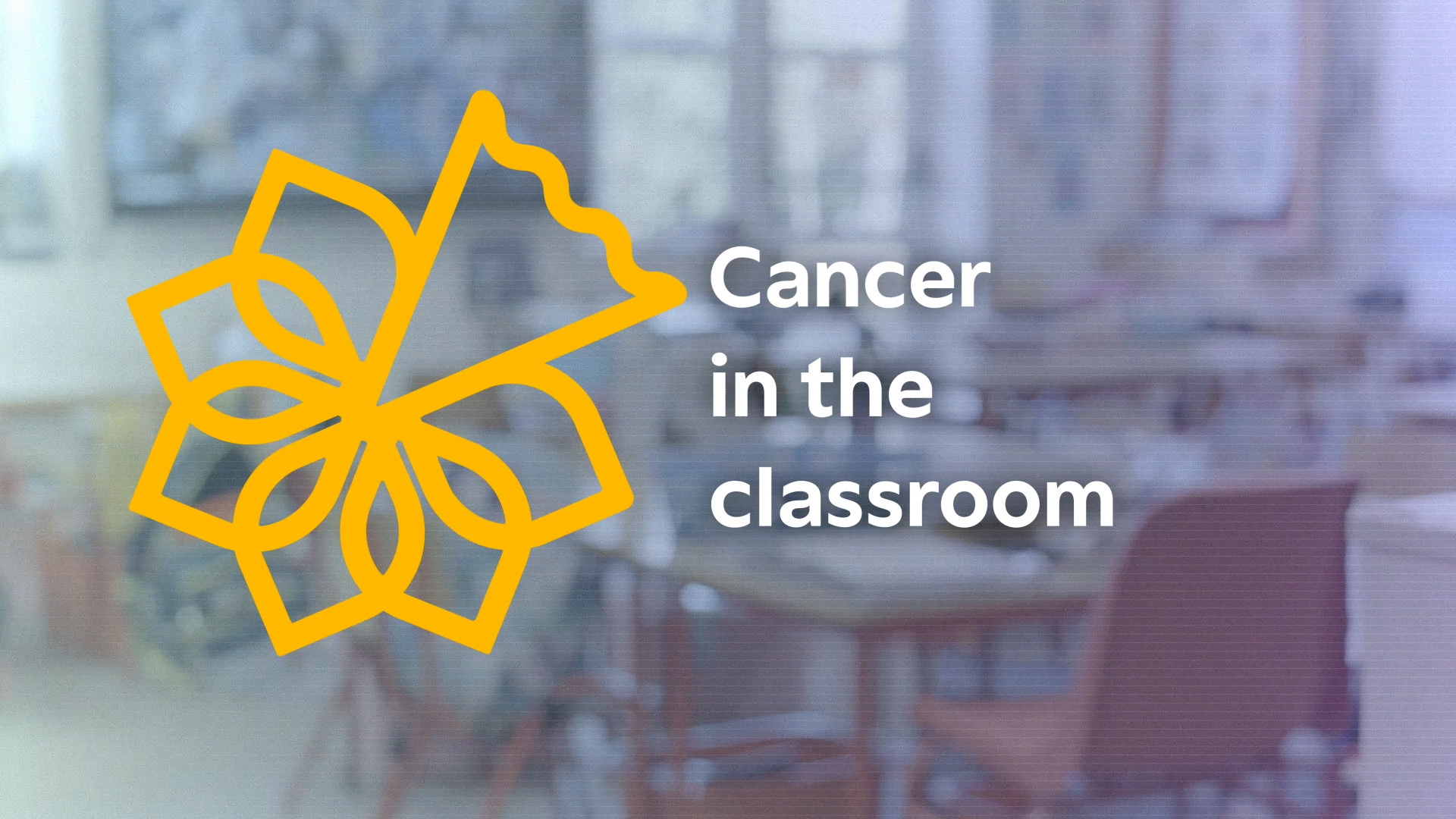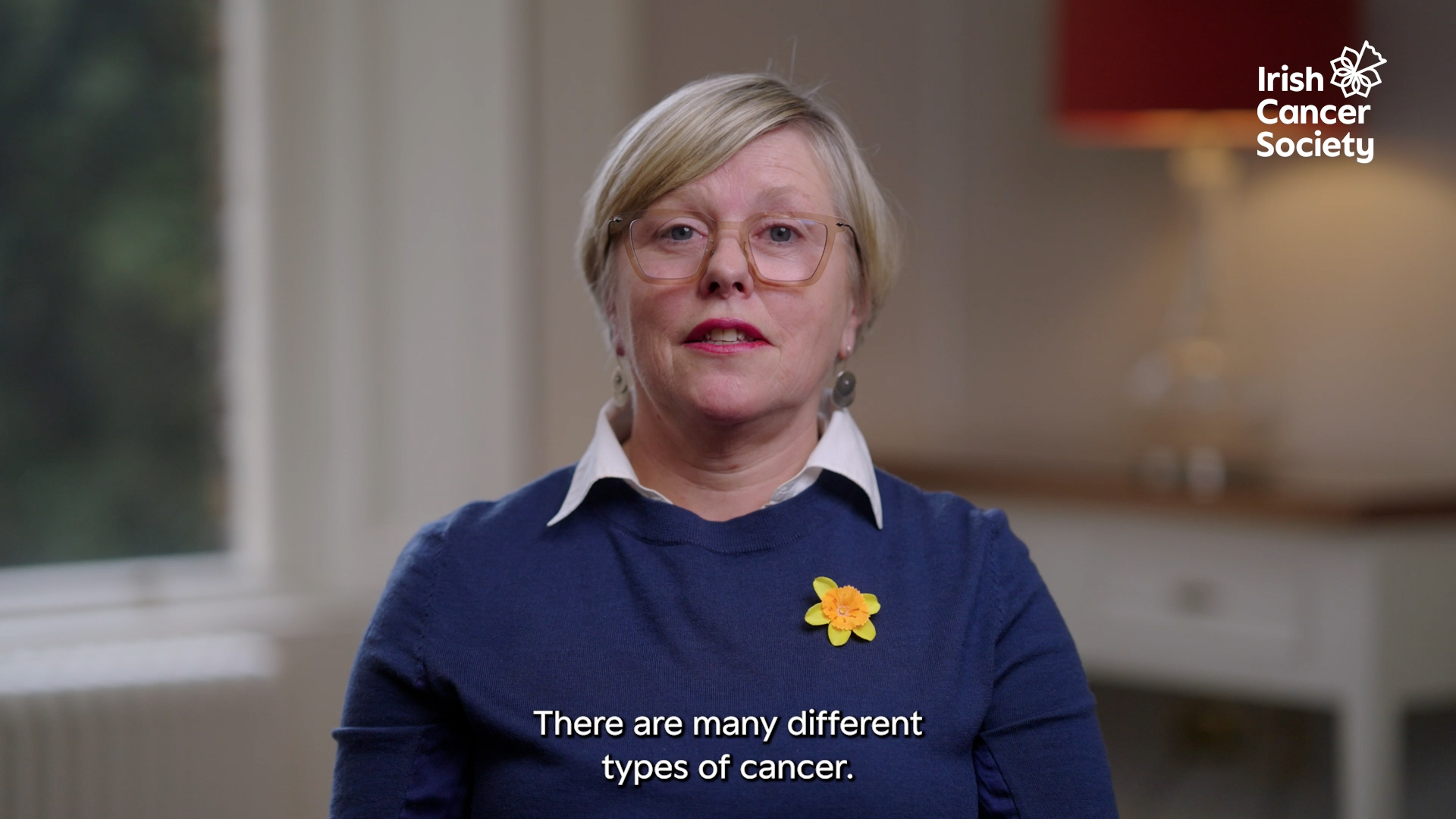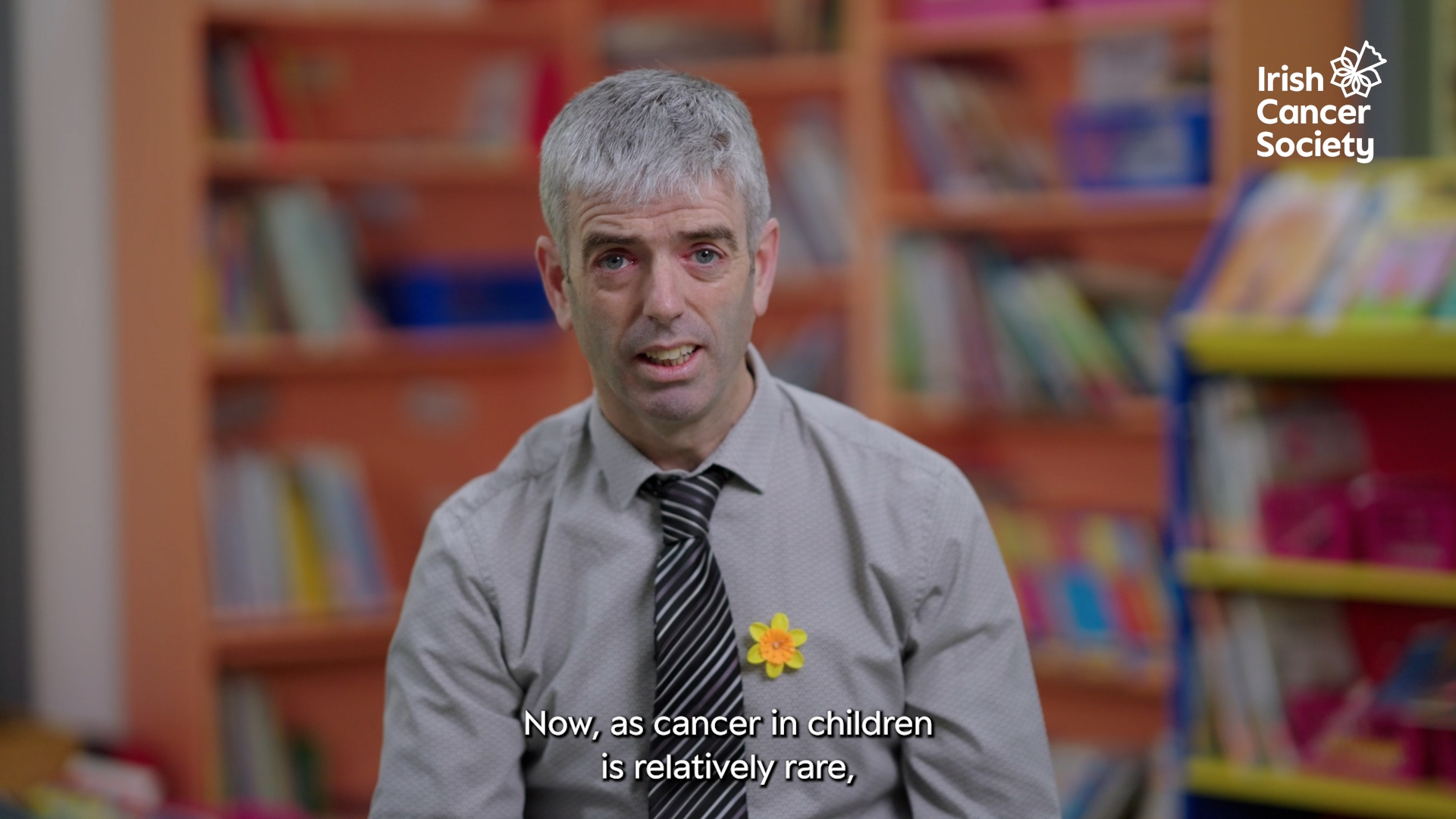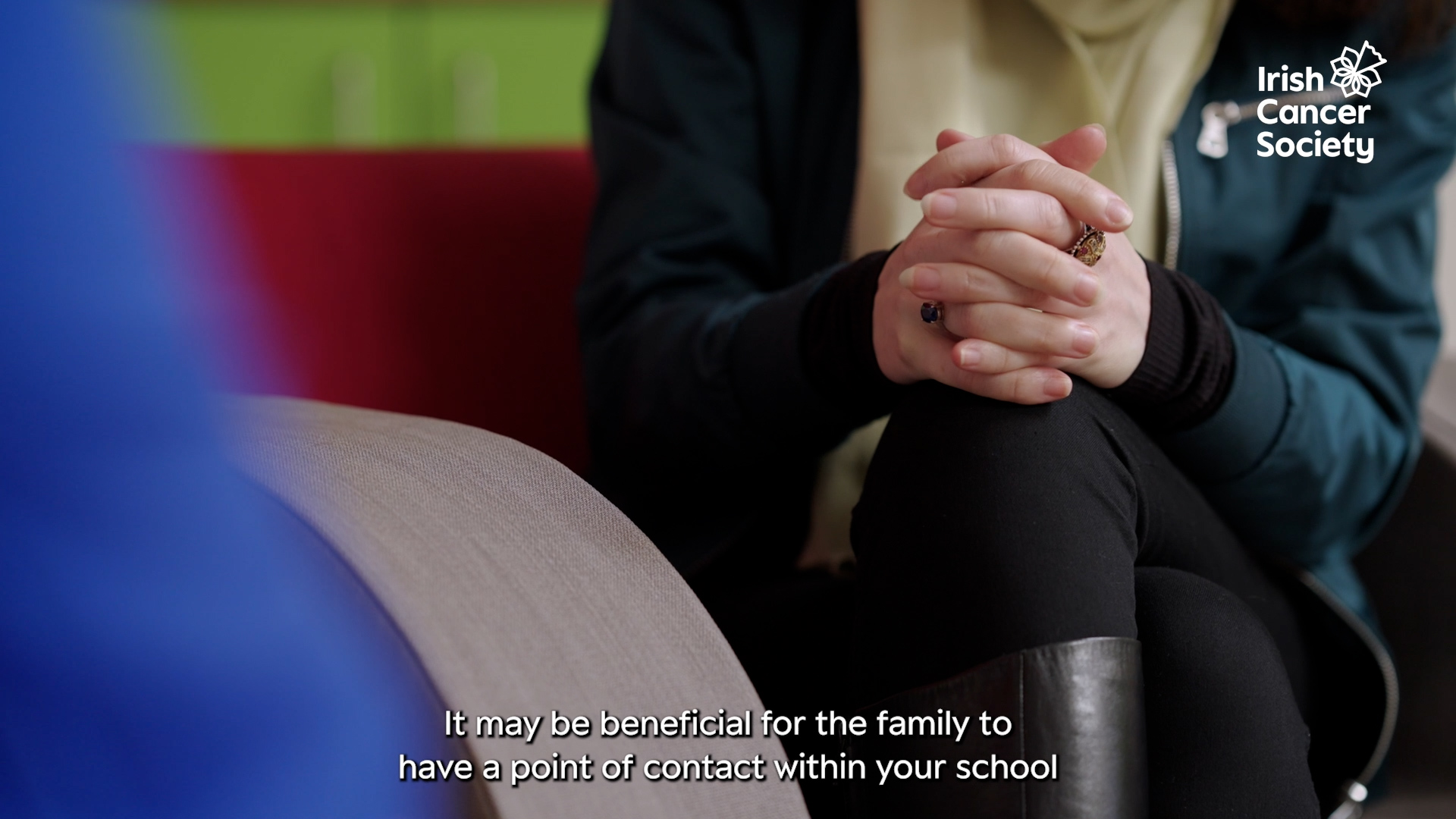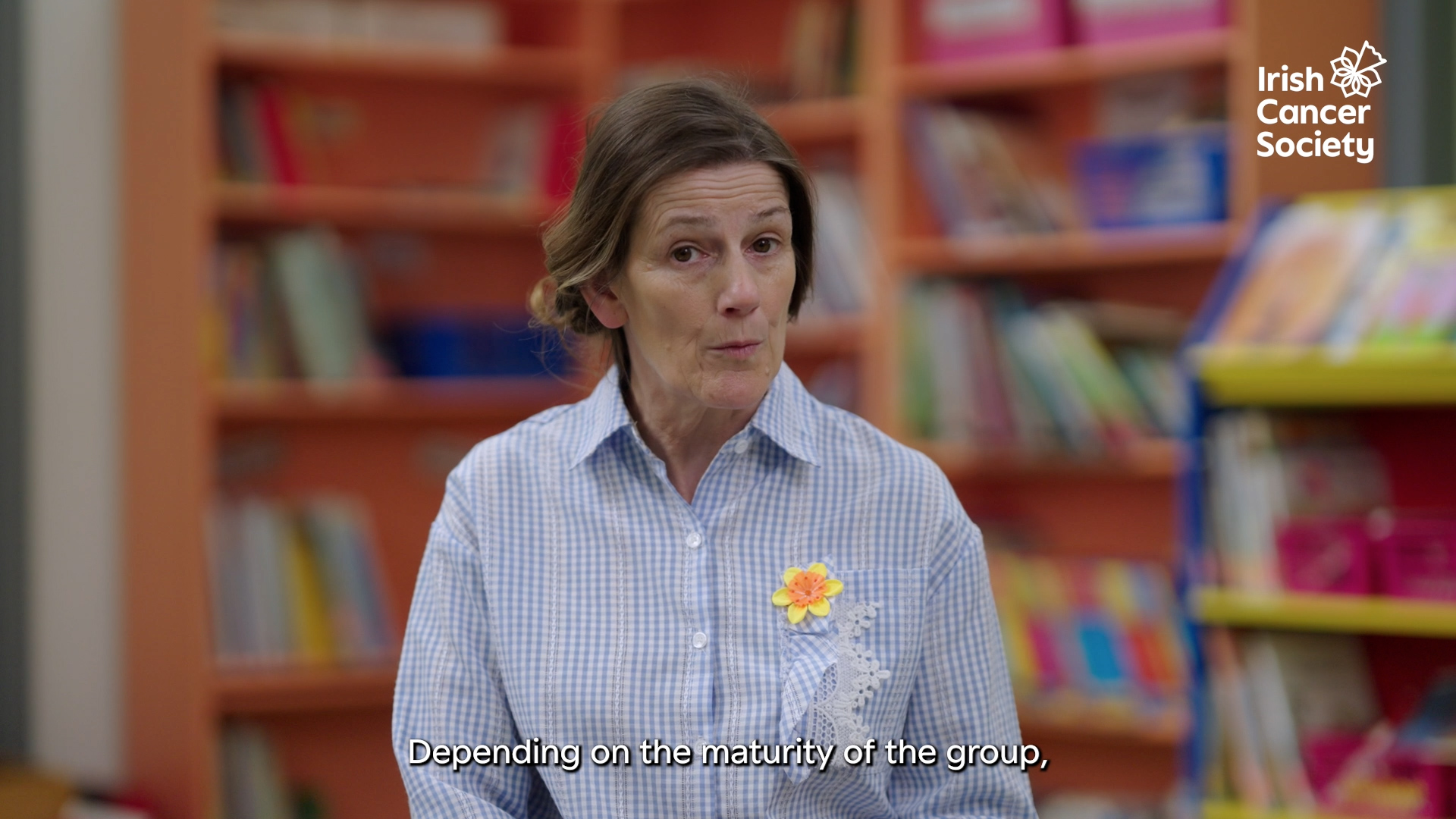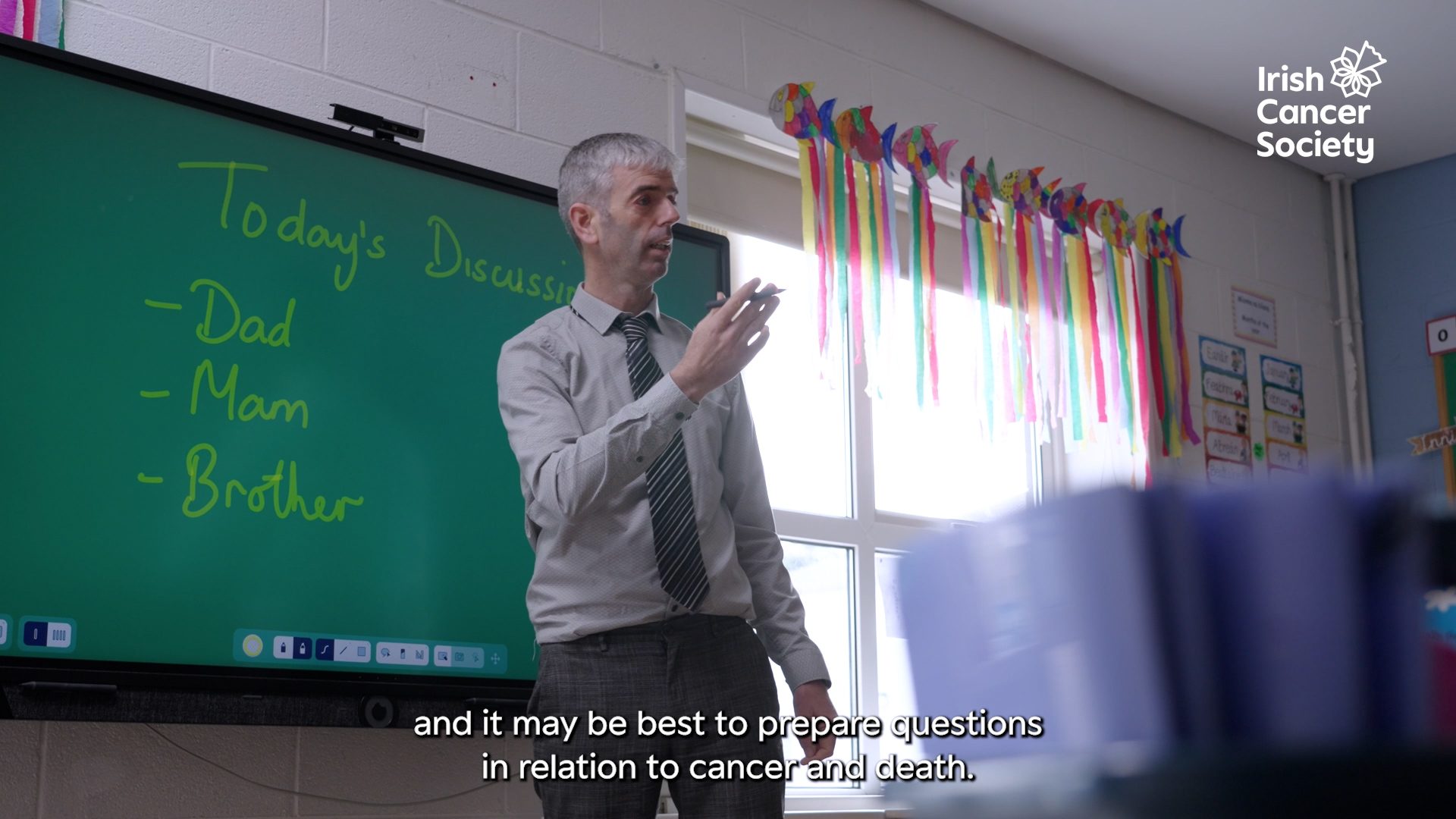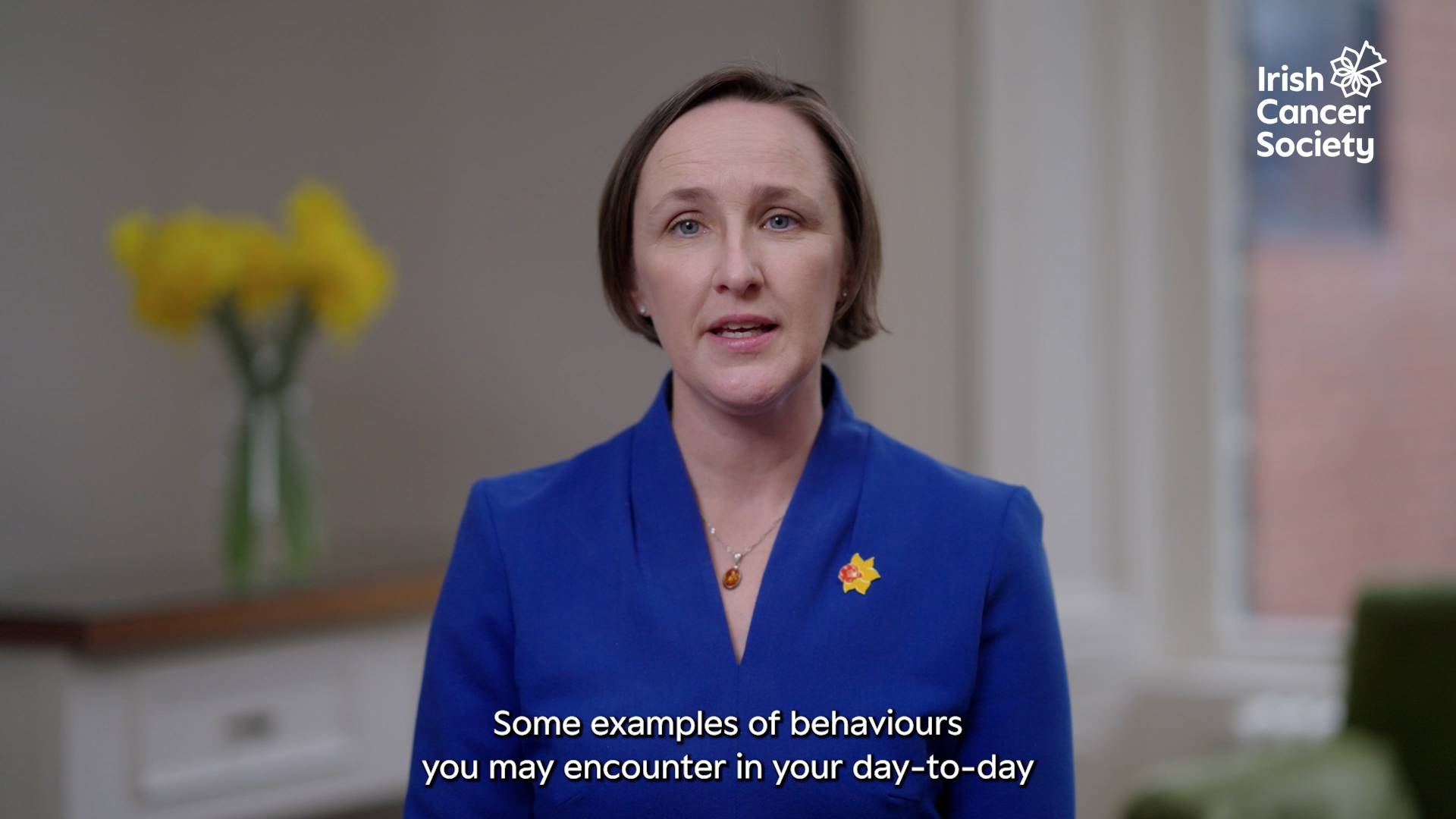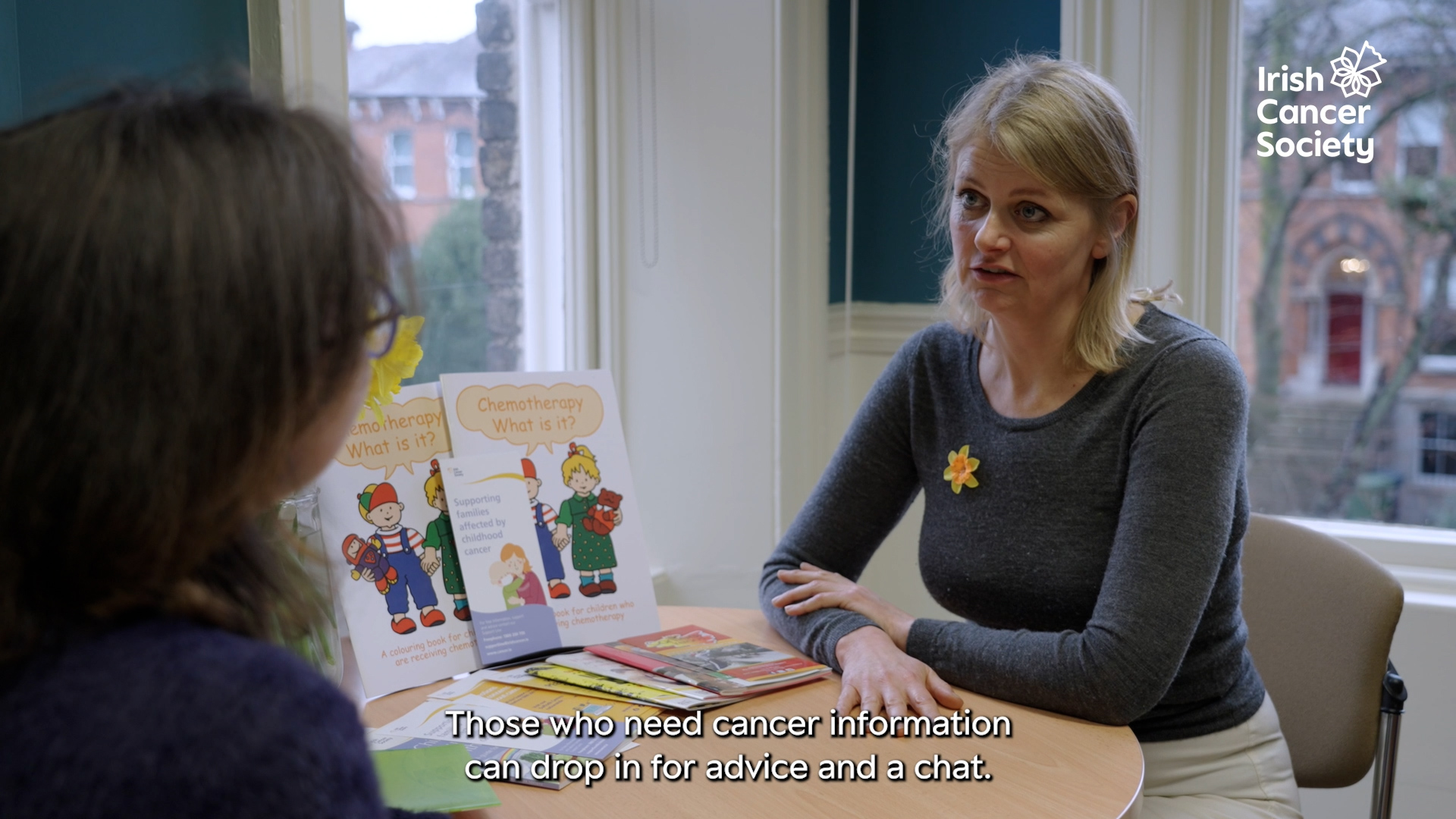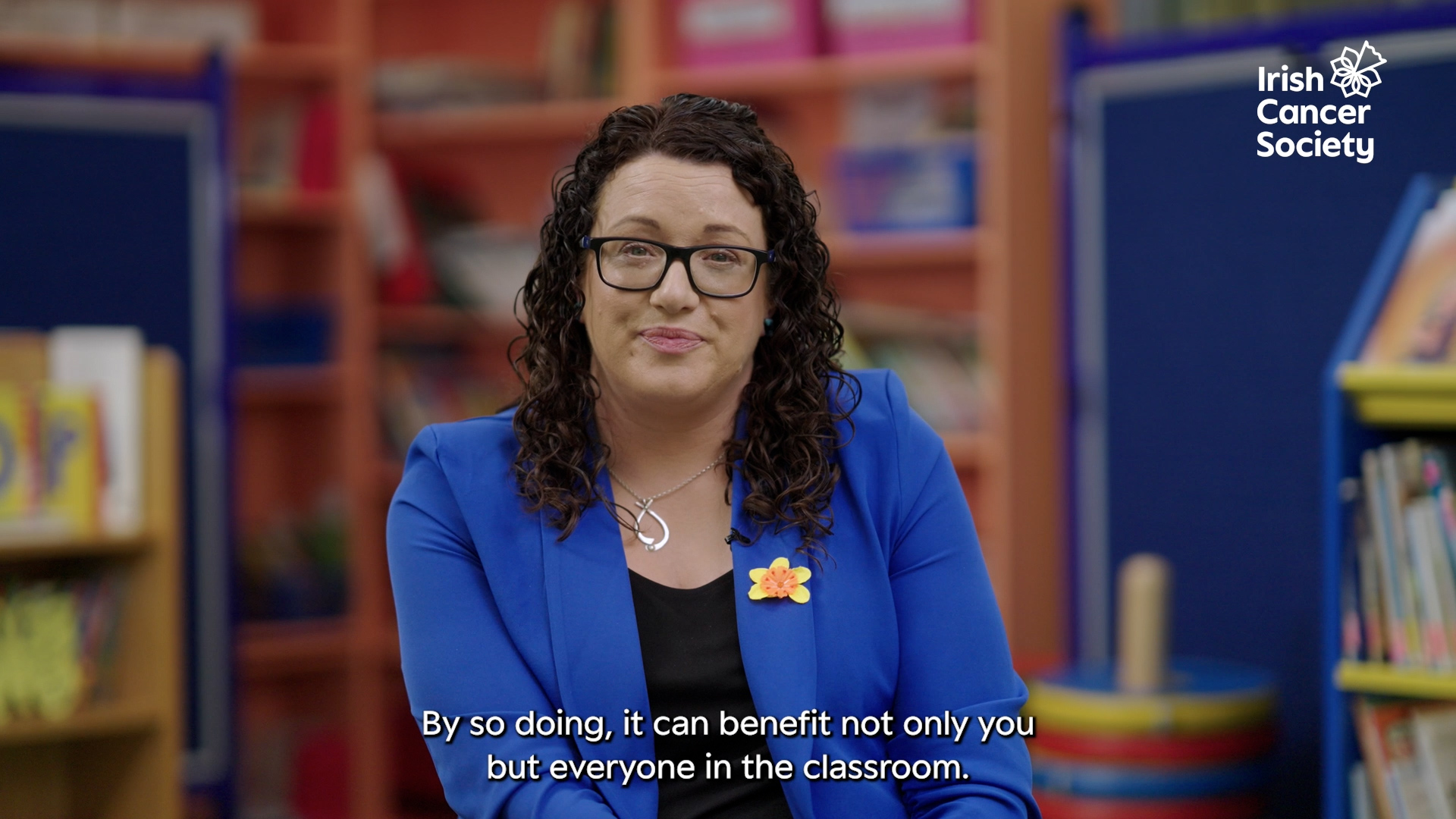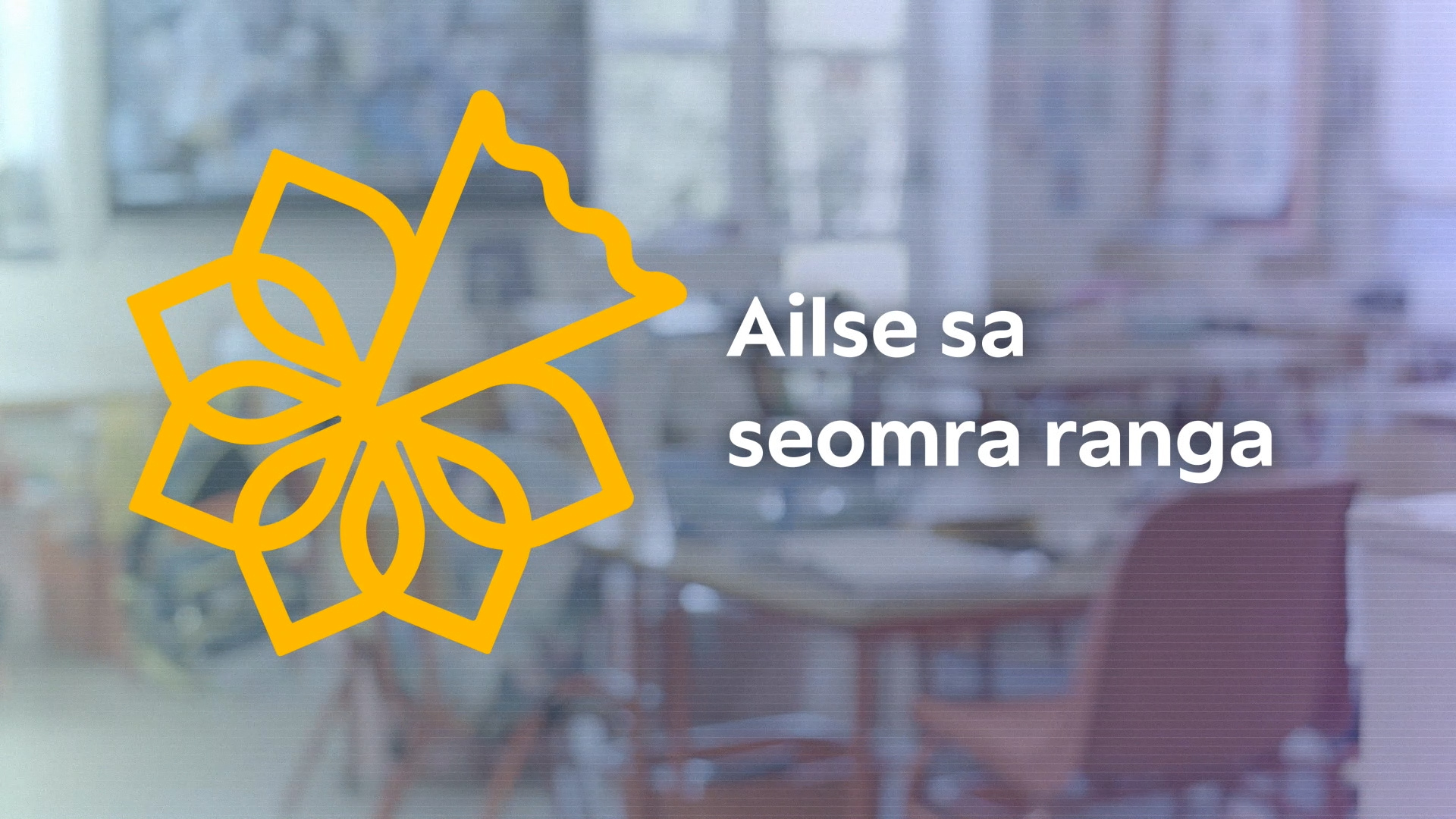Cancer in the classroom 7: Monitoring the child’s behaviour
In this video, we discuss how teachers are in a unique position to notice changes in behaviour relating to a child’s emotions and we give advice on how to manage these changes.
0:07
Having cancer is a very stressful experience. When a parent, friend, sibling are diagnosed with cancer, this can result in many different emotions for children. These emotions can be: fear, sadness, loneliness, and sometimes envy. Sometimes these emotions are difficult to express and hard to deal with, and sometimes these emotions can manifest in physical symptoms.
0:35
Teachers are in a unique position to identify any changes in behaviours which might indicate that the child is really struggling with what's going on outside of school.
0:46
Some examples of behaviours you may encounter in your day-to-day work would be when children start to lose interest in their schoolwork, disengage totally from school, and maybe not attend at all, or focus on their schoolwork more than ever before as a way of coping.
1:03
Some children struggle socially to stay connected with their friends. They may become isolated and stop attending their activities or participating in sports.
1:13
Some children may choose not to talk about what’s going on may choose not to talk about what's going on for fear of being treated differently, being put in the spotlight, and it's too difficult to talk about.
1:23
Children may become stressed and this stress can manifest in physical symptoms like upset tummies, headaches, not sleeping well at night, and in some instances, children can regress – displaying behaviours of a child that is younger than their years.
1:40
In reality, different ages react differently when they're trying to cope. For those between the ages of 3 and 5, they may show signs of regressive behaviour. Examples of which are sucking their thumb, baby speak, and they may start wetting the bed again.
1:58
For children between the ages of 6 and 12, there may be changes in their eating patterns, in their sleeping patterns, which may result in loss of concentration, and tiredness at school. They may also complain about feeling unwell without cause, and this should be noted by a teacher. They may also start to act younger than their age.
2:19
Some teenagers may have to take on extra responsibility at home and they may act out against this in the form of risky behaviours or other behaviours that are out of character for them.
2:33
And finally, children with special needs will need extra help, support and time to adjust to the new routines at home.
2:43
Every child is different and will communicate, cope and adapt in their own way. It helps if their structure and routine is maintained, and that they're reassured that they're safe, loved and cared for.
2:58
Strong relationships and good open communication will also help the child to build resilience and help them navigate this difficult time they're going through.
3:09
When there is a cancer diagnosis, often there's a lot of upheaval for all affected. If you see or are aware of behaviours that are out of character for a child or adolescent, this may signal that they need extra supports to help them get through this particular difficulty.
3:25
Sometimes, despite your best efforts to help as a teacher, they may still continue to struggle and require external supports.
Cancer in the classroom playlist
